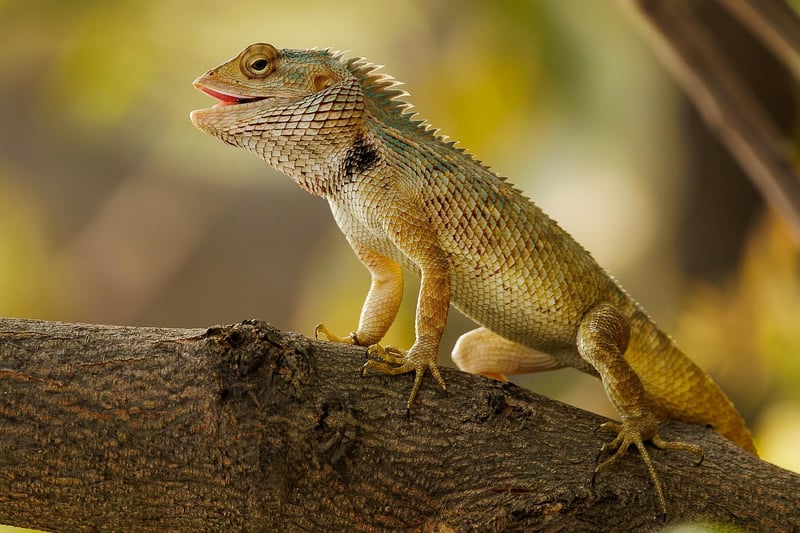Pest Control
#gardening tips
#plant care
#green thumb
Tips for Healthy Plants and Pest Control
Introduction
Having healthy plants is essential for any gardener or plant enthusiast. In addition to providing proper care, it's equally important to address pest issues that can harm your plants. Here are some tips for maintaining healthy plants and controlling pests effectively.
Tips for Healthy Plants
- Proper Watering: Ensure your plants receive adequate water but avoid overwatering, which can lead to root rot.
- Good Drainage: Use well-draining soil and pots with drainage holes to prevent waterlogging.
- Regular Pruning: Trim dead or overgrown branches to promote healthy growth.
- Appropriate Sunlight: Place plants in areas with the right amount of sunlight based on their specific needs.
- Nutrient-Rich Soil: Use quality soil or add fertilizers to provide essential nutrients for plant growth.
- Monitor for Pests: Regularly check plants for signs of pests to address issues promptly.
Pest Control
Despite our best efforts, plants can still fall victim to pests. Here are some natural pest control methods to protect your plants:
- Neem Oil: A natural insecticide that can help control a variety of pests.
- Diatomaceous Earth: Effective against crawling insects and pests.
- Beneficial Insects: Introduce ladybugs or lacewings to eat harmful pests in your garden.
- Homemade Sprays: Create solutions using ingredients like garlic, pepper, or soap to deter pests.
- Companion Planting: Planting certain species together can help repel pests naturally.
Conclusion
By following these tips for maintaining healthy plants and implementing natural pest control methods, you can ensure your plants thrive and stay pest-free. Remember to monitor your plants regularly and provide them with the care they need to flourish.


